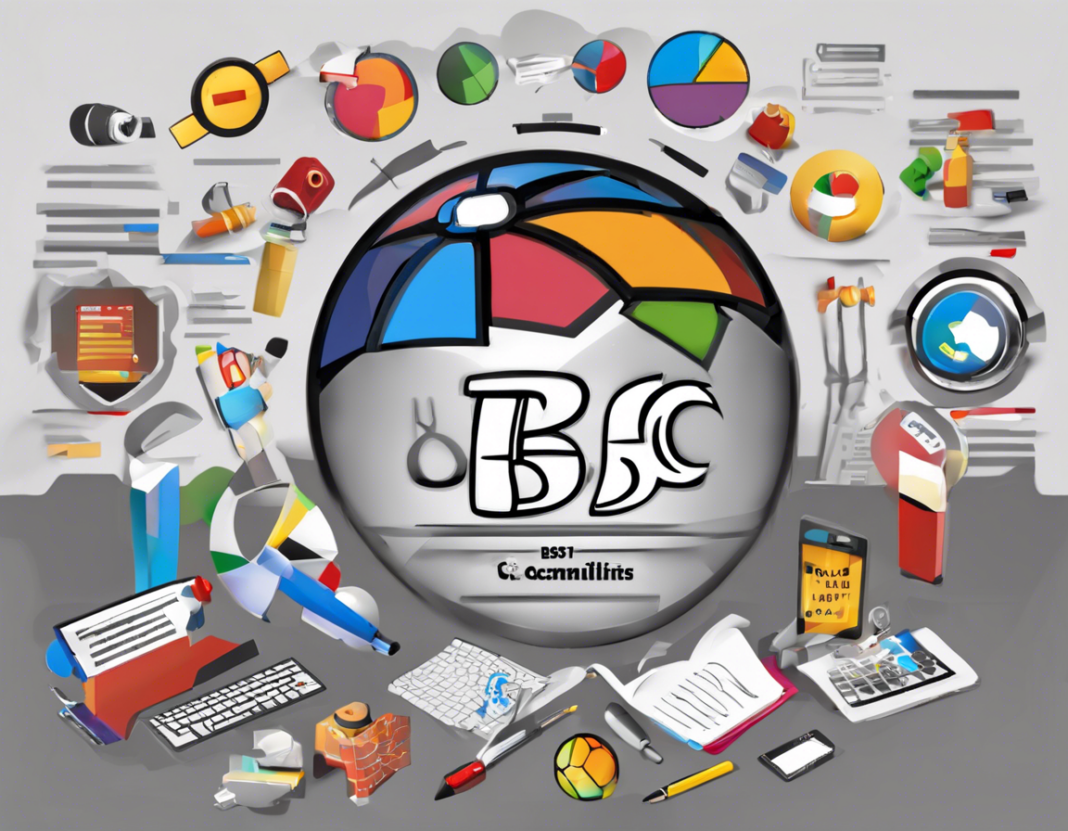Bachelor of Science, often abbreviated as BSc, is one of the most popular undergraduate degrees across the globe. It offers a broad range of opportunities for students interested in the field of science and technology. In this article, we will delve into the full form of BSc and explore the various aspects associated with this degree.
What is BSc?
Bachelor of Science is an undergraduate academic degree awarded to students upon successful completion of a program in the field of science. It is typically a three to four-year program, depending on the country and specific university requirements. BSc programs cover a wide range of subjects such as Physics, Chemistry, Biology, Mathematics, Computer Science, Environmental Science, and more.
Types of BSc Programs:
1. BSc General: A general BSc program provides a broad overview of various scientific disciplines without focusing on a specific major.
- BSc Honours: An honours BSc program is more specialized and requires students to complete additional research or thesis work in their chosen field.
Specializations in BSc:
Students pursuing a BSc degree often have the option to specialize in a specific area of science. Some common specializations include:
– BSc in Physics
– BSc in Chemistry
– BSc in Biology
– BSc in Mathematics
– BSc in Computer Science
– BSc in Environmental Science
Eligibility Criteria for BSc:
The specific eligibility criteria for BSc programs may vary from one university to another. However, common requirements include:
– Completion of high school education
– Satisfactory performance in entrance exams (if applicable)
– Meeting the minimum grade requirements in relevant subjects
Career Prospects after BSc:
Completing a BSc degree opens up a wide array of career opportunities across various industries. Some popular career options for BSc graduates include:
– Research Scientist
– Data Analyst
– Biotechnologist
– Environmental Consultant
– Teacher/Professor
– Software Developer
Further Studies after BSc:
Many students choose to pursue higher education after completing their BSc degree. Some common options for further studies include:
– Master of Science (MSc)
– Master of Business Administration (MBA)
– Doctor of Philosophy (Ph.D.)
– Postgraduate Diploma in a specialized field
Why Choose BSc?
– Versatile Degree: BSc offers a diverse range of subjects to choose from, allowing students to explore various scientific disciplines.
– Career Opportunities: BSc graduates are in high demand across industries, offering stable and rewarding career prospects.
– Foundation for Higher Studies: BSc serves as a solid foundation for pursuing advanced degrees in specialized fields of science.
Conclusion:
In conclusion, Bachelor of Science (BSc) is a prestigious undergraduate degree that equips students with a strong foundation in various scientific disciplines. Whether you aspire to become a research scientist, data analyst, or pursue further studies, a BSc degree can open up a world of opportunities in the field of science and technology.
Frequently Asked Questions (FAQs) about BSc:
Q1: What is the duration of a BSc program?
A: The duration of a BSc program typically ranges from three to four years, depending on the country and university requirements.
Q2: Can I pursue a BSc degree in a non-science field?
A: While BSc traditionally focuses on scientific disciplines, some universities offer interdisciplinary programs that combine science with other fields such as arts or humanities.
Q3: Is it necessary to specialize in a specific area in BSc?
A: Specializing in a specific area is optional in many BSc programs, but it can provide in-depth knowledge and make you more competitive in the job market.
Q4: What are the key skills acquired through a BSc degree?
A: BSc programs help develop analytical thinking, problem-solving, research, and communication skills, which are highly valued in various industries.
Q5: Can I pursue a career in a different field after completing a BSc in a specific discipline?
A: Yes, a BSc degree provides a strong foundation that can be applied to diverse career paths, allowing flexibility to switch fields if desired.
Q6: How does a BSc degree differ from a BA (Bachelor of Arts) degree?
A: BSc degrees typically focus on science and technology subjects, while BA degrees concentrate on arts, humanities, and social sciences.
Q7: Are there online BSc programs available for remote learning?
A: Yes, many universities offer online BSc programs that provide flexibility for students to study remotely and manage their schedules effectively.
Q8: What are the employment prospects for BSc graduates?
A: BSc graduates have diverse job opportunities in industries such as healthcare, research, education, technology, and environmental science, among others.
Q9: Can I pursue a BSc degree if I haven’t studied science in high school?
A: Some universities may offer bridging programs or foundation courses for non-science students to qualify for BSc programs, depending on their academic background.
Q10: How important is practical experience in a BSc program?
A: Practical experience through laboratory work, internships, and research projects is crucial in a BSc program as it enhances hands-on skills and prepares students for real-world applications in their field of study.
